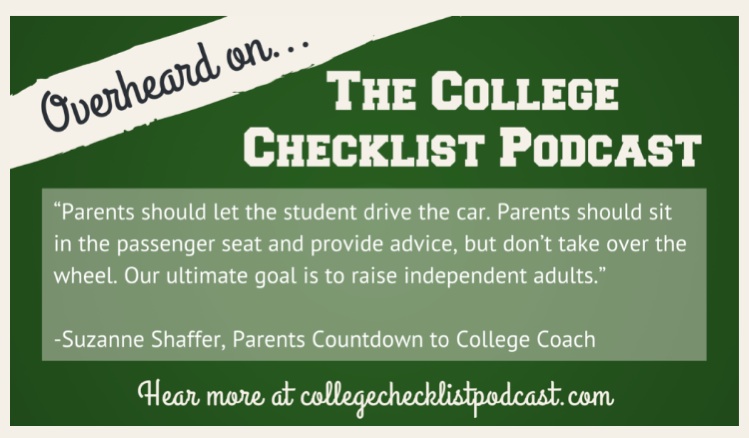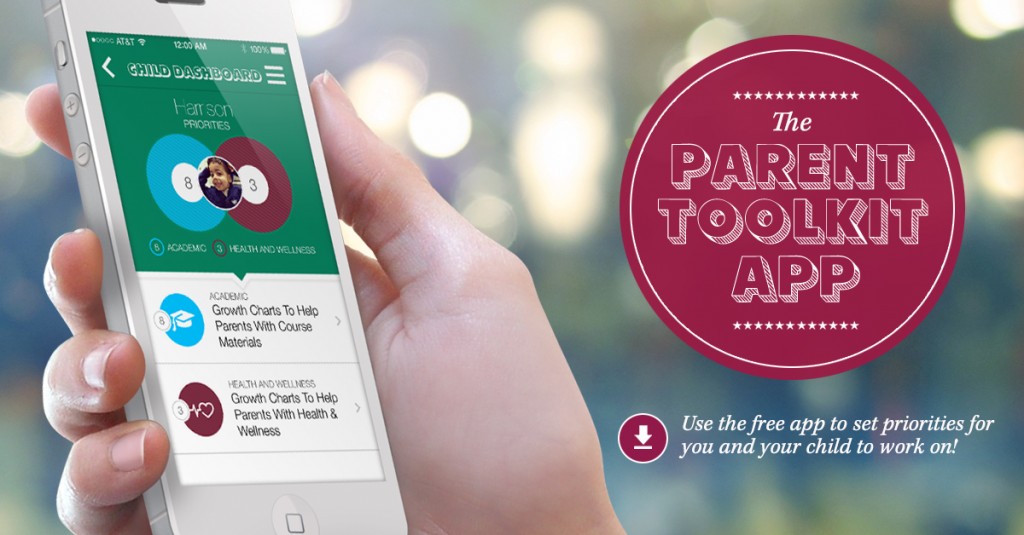 The Disney Pixar movie Toy Story 3 offers an unexpected insight into the lives of parents with teens going off to college. As young Andy prepares to leave home, his toys try to deal with what his departure means to them. Just as the old saying goes, Andy realizes that it’s time to put away childish things.
The Disney Pixar movie Toy Story 3 offers an unexpected insight into the lives of parents with teens going off to college. As young Andy prepares to leave home, his toys try to deal with what his departure means to them. Just as the old saying goes, Andy realizes that it’s time to put away childish things.
That doesn’t mean you have to incinerate your child’s toys, but it is time to think of things in a new light. How can you help your own “Andy” transition into college life? Consider these six tips and you’ll be well on your way to help your college-bound teen prepare the summer before college.
1. Put them to work.
If your teen has not been working, now is the time to make sure they are given some kind of responsibility. Encourage them to get a job, an internship, or volunteer for the summer. This work will give your child confidence and a taste of the “real” world. Also, it allows them to meet other professionals in a work setting. Any job will do, but if it is something that ties at least loosely into a set of career goals, all the better.
2. Offer a crash course in Adulthood 101.
There are probably many things that you think your child knows that he or she simply does not. For one thing, encourage your son or daughter to do their own laundry all summer long. Also, teach them rudimentary accounting skills: how to balance a checkbook and make a budget (a job helps here, too). Depending on where they’re going to school, how to use public transportation might be something to work on; most freshman don’t have access to a car, and you won’t be there to drive your son or daughter around. Some basic cooking and grocery shopping skills should be included as well—one way to augment this is to have your teen cook for the family at least one night a week. You’ll still be surprised by the late night calls asking, “How do I make a doctor’s appointment?” or “What do I do if I’ve locked my keys in my car with the engine running?” But at least they’ll be prepared with the basics.
3. Take a look in a book.
To prepare for the amount of reading that will be necessary in college, get your child into the habit of reading as much as possible—reading every day on the bus to work would be grand! This is more about building study habits rather than worrying about specific material, however many colleges have books they would like freshman to have read before they start classes. These titles will be a great place to begin. If your child knows what classes he or she is taking, then gear the books toward these courses.
4. Teach time-keeping.
Encourage your child to maintain a schedule or planner by themselves. Show them how to keep track of work, social, and family events—they should refer to the schedule all summer and write down their comings and goings. It’s easy enough to do that on a computerized calendar or in a datebook.
5. Don’t let go quite yet.
Of course, your teen is going to want to spend the summer with friends, but you can still get your time in surreptitiously. Schedule a few family outings and meals at favorite restaurants. Fit in a vacation if possible—even a weekend or a Fourth of July outing can have real future value. P.S. Going to the store for college shopping doesn’t count as family fun.
6. Be true to their school.
Learn everything you possibly can about your son’s or daughter’s new school, and talk with them about opportunities. Go over the information on classes and extracurriculars. In particular, check if there are any “superstar” professors and encourage your child to take their classes. Also look for a history of achievement in any particular extracurricular, such as a winning debate team. It’s wonderful to work toward being part of a tradition of excellence.
Most importantly, be patient and keep lines of communication open. There’s no getting around it—it’s going to be rough emotionally, but you can help your child be prepared for everything that is to come. And isn’t that what parenting is all about?
+++++++++++++++++++
About the Author
Ryan Hickey is the Managing Editor of Peterson’s & EssayEdge and is an expert in many aspects of college, graduate, and professional admissions. A graduate of Yale University, Ryan has worked in various admissions capacities for nearly a decade, including writing test-prep material for the SAT, AP exams, and TOEFL, editing essays and personal statements, and consulting directly with applicants.









